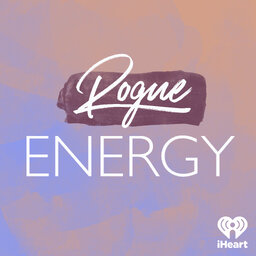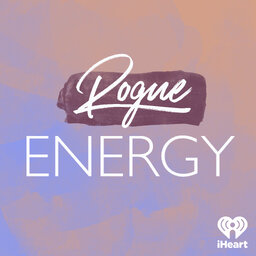Chapter 59: In The Name Of Fame
Just because you're a household name doesn't mean you have it all....
Celebrity coach and podcast host Whitney Uland shares her concept of celebrity energy and her tips to staying in your confidence while navigating the demands of the public spotlight.
Plus, Rachel shares why podcasting has helped her public persona after her dramatic reality TV days.
In 1 playlist(s)
Rogue Energy
Rogue Energy.Social links
Follow podcast
Recent clips

Rogue Energy with Farrah Abraham
47:54

Rogue Energy with Peppermint
35:31

Rogue Energy with Margaret Cho
38:33
 Rogue Energy
Rogue Energy